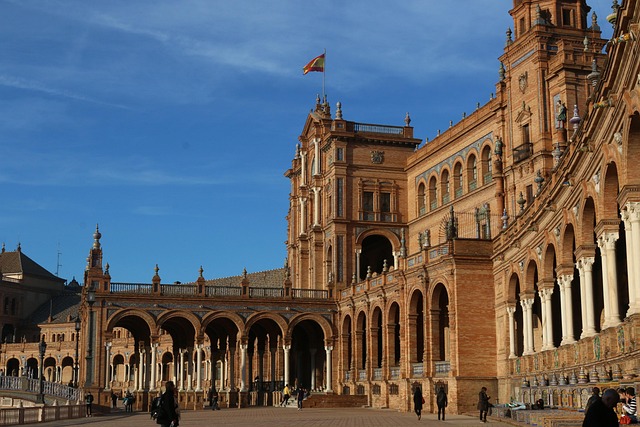Zambia is Africa’s second biggest copper producer, and has been a major producer of the metal for more than a century.
Now global copper demand is accelerating and will continue to surge because of its critical role in the push to decarbonise the planet.
Thanks to its electrical conductivity and low reactivity, copper is key to the infrastructure that transports renewable energy. Electric vehicles (EVs), solar and wind power, and batteries for energy storage all run on copper.
Since March 2020, copper prices have risen by 125%. By one analysis, by 2050 copper demand will be 53 million tonnes a year: more than all the copper consumed in the world between 1900 and 2021.
Zambia’s President, Hakainde Hichilema, has said that to meet this demand and lift the country’s economy, the country intends to increase its copper production levels from 8300,000 to 3 million tonnes in ten years.
But civil society points out that this ambition must not come at the expense of the environment.
Zambia already has alarmingly high deforestation rates, and the government’s copper production target works against its ambition to ensure zero deforestation by 2050. This is a case of policy incoherence.
There are also concerns about land degradation as a result of mining and attendant displacements yet the compensation policy remains unclear and tilted towards sudden disasters.
The country has already experienced environmental degradation from copper mining.
The Kafue river is an inland water body that supplies water to virtually all parts of the ground and supports aquatic life and marine activities. Unfortunately, this river has been polluted by KCM (subsidiary of Vendatta) and Mopani (was a subsidiary of Glencore until government reposed it in 2020/21).
Transition mineral extraction in Africa has to be done in a just and responsible way, to ensure local populations can truly benefit from it. Read our recommendations on how this can be achieved.










